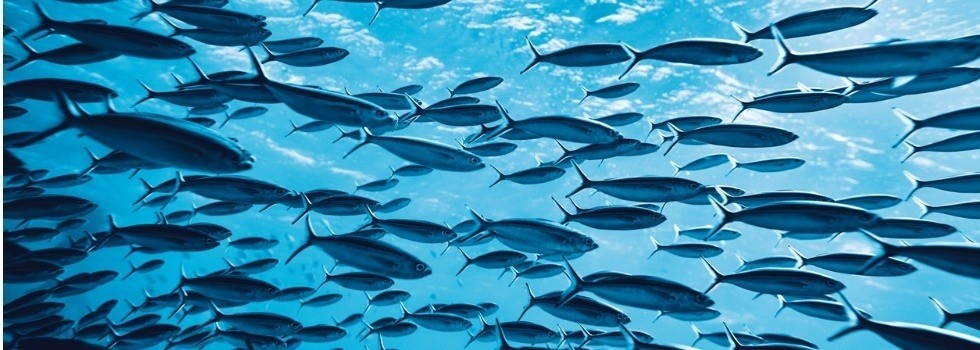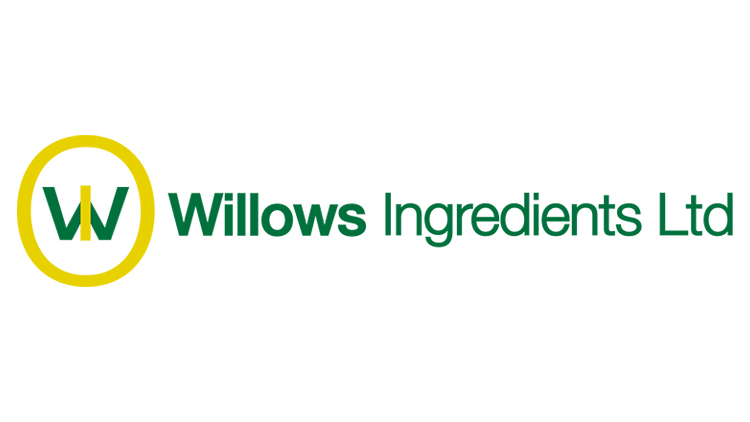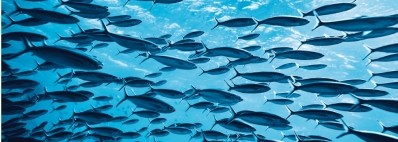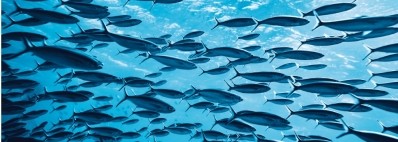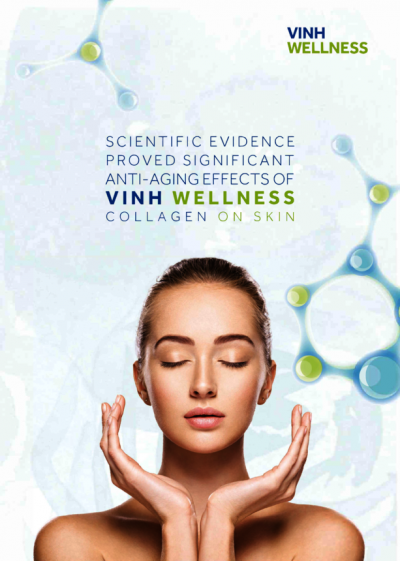Promotional Features
How freshwater collagen is moving anti-aging into the circular beauty era
Circular beauty is reshaping the nutricosmetics industry. Today, products need to do more than just provide beauty from within; they also need to be good for people and the planet. The demand for sustainable beauty is a threat to manufacturers of traditional collagen anti-aging products made from cows, pigs or marine fish—all of which have weak environmental credentials. Willows Ingredients is helping brands nullify the threat with sustainable, eco-friendly collagen from freshwater fish.
The pressure on brands is intense. Almost three-quarters of UK consumers think beauty brands and retailers are failing to do enough to make their products more sustainable.1 Around 90% of people check the sustainability credentials of the beauty products they buy. Similar forces are buffeting the dietary supplement industry, where sustainability factors are driving purchasing decisions and buyers are willing to pay a premium for products that live up to their environmental expectations.2
Consumers are subjecting products derived from animals to particular scrutiny. Concerns about the impact of animal agriculture on the environment are driving many people to cut their consumption of meat.3 Two-thirds of Europeans are eating less meat to help fight climate change, and another 13% plan to cut their consumption soon.4
People are similarly alert to the impact of their purchases on marine ecosystems. A survey of almost 20,000 seafood consumers in 22 countries found 83% of people see a need to do more to protect the seas for future generations.5 Another survey found high levels of concern about contaminants, ocean pollution and the extinction of wild fish species.6
The two surveys predate the release of Seaspiracy, a popular documentary about the environmental impact of fishing. There are early signs that Seaspiracy is changing consumer behaviour in relation to fish consumption, suggesting the older polls may under-represent the current level of opposition to products that are perceived to harm marine ecosystems.7,8
Seaspiracy targeted both the fishing and aquaculture industries. While farming fish lessens pressure on wild species, the documentary levelled a series of other accusations against aquaculture, claiming each Scottish salmon farm produces organic waste equivalent to a town of 10,000 to 20,000 people and listing a string of diseases that can affect the fish.9 The aquaculture industry pushed back against some of the claims but, whatever the truth, the documentary could shape consumer behaviour.10
Developing a sustainable collagen
Consumer worries about fishing and the farming of cows, pigs and fish poses challenges to producers of collagen-based products. Collagen, a protein used in joint and skin health products, is made from the bones and skin of cows, pigs and fish. As people turned away from bovine and porcine collagen, fish became the fastest-growing source of the protein but growing awareness of the environmental impact of fishing and some forms of aquaculture is threatening to stymie growth.11,12
A new, more sustainable source of collagen is needed. Working with its partner Willows, Vinh Wellness, the wellness division of freshwater aquaculture business Vinh Hoan Corporation, has worked with its partner Willows to deliver a responded to the need by developing a more environmentally friendly process for producing marine collagen. Vinh Hoan’sThe fish farming model, like other approaches to aquaculture, eliminates concerns about overfishing and has a smaller carbon footprint than beef and pork production. That is not all, though. Vinh Hoan has also addressed objections to aquaculture.
The closed-chain aquaculture practiced by Vinh Hoan stops the wastewater from entering the wider environment, as happens on some traditional fish farms, and ensures the fish live in clean water that supports healthy growth and development.
Vinh Hoan removes water from its ponds and treats it to protect both the fish and the environment from the waste generated during aquaculture. As well as cleaning the water, Vinh Hoan keeps it circulating within the ponds as part of a system that keeps the tropical Pangasius hypophthalmus fish out of contact with the mud at the bottom.
Delivering anti-aging benefits
The traceable collagen produced through theVinh Hoan’s system is well suited to beauty applications. Marine fish are exposed to water temperatures and pressures that are far removed from the conditions faced by humans. TheVinh Hoan raises its Pangasius that provide Vinh Wellness’ collagen are raised in warm water, resulting in a proteincollagen that is compatible with the structure of human skin.
The amino acid composition of collagen from Vinh Wellness’Vinh Hoan’s freshwater fish more closely resembles the structure of human skin than other sources of the protein. Based on the structure and amino acid composition of the protein, Vinh Wellness’Vinh Hoan’s collagen could enhance the elasticity of human skin.
Other potential benefits stem from the bioavailability of the collagen. As the freshwater collagen is more bioavailable than protein from cows and pigs, Vinh WellnessVinh Hoan sees it as a better option for stopping wrinkles, promoting anti-oxidants and ultimately delivering anti-aging benefits. The benefits position freshwater collagen to capture growth in demand for anti-aging products among young people.13
The use of freshwater fish also mitigates the scent problems associated with bovine, porcine and marine collagen. While consumers may accept fishy or meaty tastes and smells in certain collagen applications, the strong sensory characteristics are undesirable in beauty products.
Beauty brands that partner with Willows to access some of the 1,000 tons of collagen peptides Vinh WellnessVinh Hoan makes at its accredited operation every year will gain the environmental credentials to succeed in the circular beauty era, enabling them to build their businesses while lessening their impact on the planet.
References
- Corbin, T. Survey: shoppers call for more sustainable beauty products/packs. (2021).
- Masterson, D. Supplement survey underscores key trends, need for consumer education. (2019).
- Understanding consumers attitudes to animal welfare.
- Taylor, K. Most Europeans plan to curb flying and eat less meat for climate, EU poll says. (2021).
- Seafood consumers want less pollution and more fish in the sea.
- Foods, B. C. US seafood consumers conflicted over sustainable options. PR Newswire (2019).
- Fletcher, H. Nearly half the people who watch Netflix’s Seaspiracy consider giving up fish. Metro.co.uk (2021).
- Bradley, S. Can Netflix’s Seaspiracy really shock people into not eating fish? WIRED UK (2021).
- Facts
- Cutforth, J. Seaspiracy: Why We Believe Responsible Aquaculture is More Important than Ever.(2021).
- Silva, T. H. et al. Marine origin collagens and its potential applications. Mar. Drugs 12, 5881–5901 (2014).
- Collagen market size, growth & analysis report, 2021-2028.
- Global Cosmetic Industry Magazine - March 2019 - page49.
